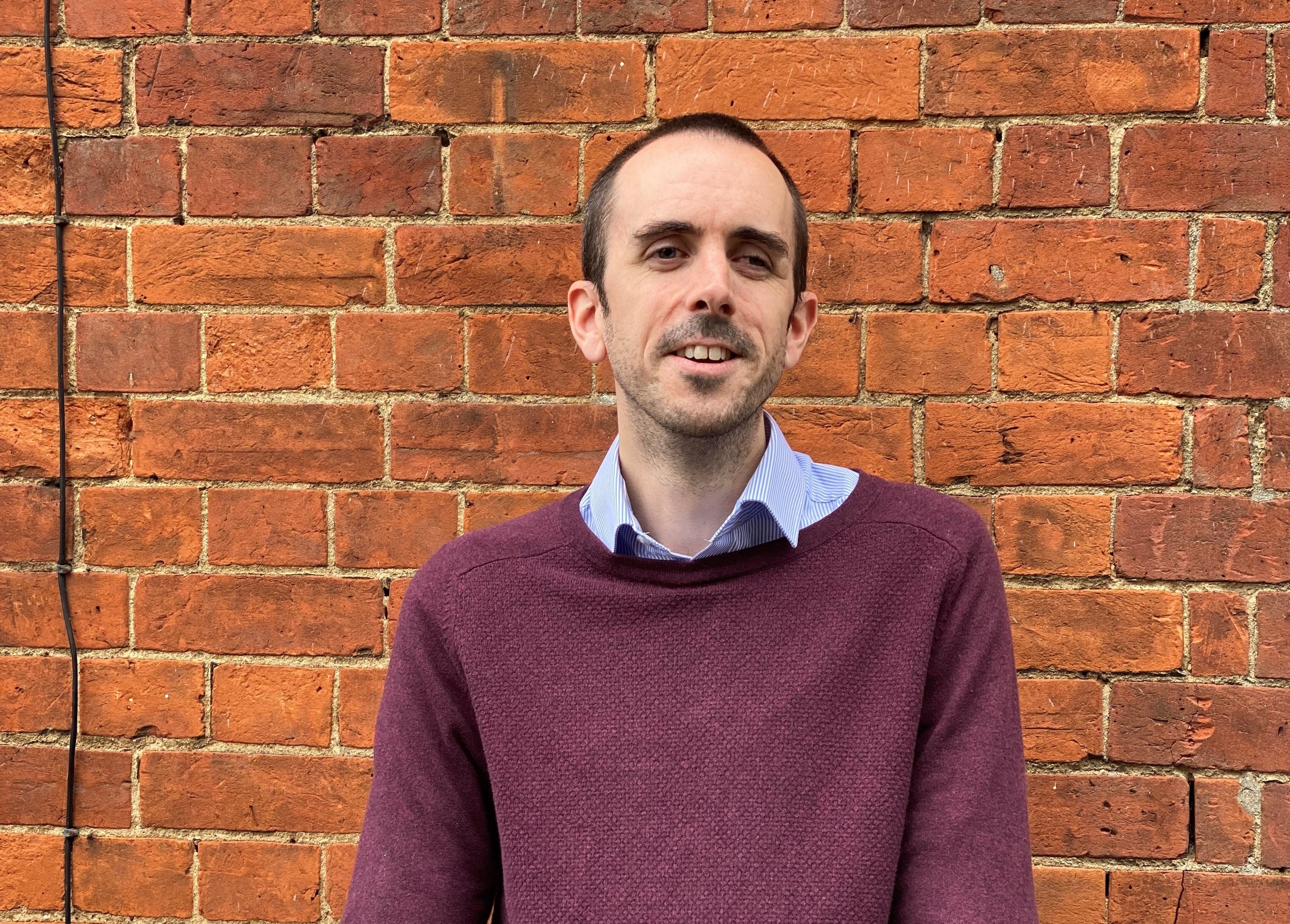Most small charity leaders have a degree or higher qualification amid concerns that “leadership shouldn’t be based around privilege”, according to research revealed by the chief executive of a visual impairment charity.
The poll of 222 CEOs of small charities has been carried out by Mark Upton, chief executive of My Vision Oxfordshire, who is concerned that strong candidates for charity leadership roles are being ignored.
He found that 80% had a degree or higher, including 4% with a PhD. This compares to 34% of the working age population in England and Wales with a degree.
Meanwhile less than one in ten (80%) are educated to A-level only, while one in 20 only have GCSEs.
I did a quick straw poll of small charity CEOs regarding formal qualifications. 222 people responded:
— Mark Upton (@mupton_uk) July 31, 2023
80% had a degree or higher, including 4% with a Phd
9% up to A-Level
5% up to GCSE
5% other (I didn't realise you could add your won answers!)
“The root into leadership shouldn't be based around privilege,” said Upton, who does not have a degree himself.
He explains that his motivation for carrying out the survey was based on "my drive to see more leaders with lived experience within the charity sector”.
“I’m a visually impaired CEO of a sight loss charity, so my focus is usually around disability and disability charities.
"I believe the sector as a whole has an issue with class and privilege and is inherently ableist, you would think disability charities would understand the importance of lived experience amongst leaders, but they don’t, it’s still very much a structure of abled people telling disabled people what they need and how they should live.”
He added: “The degree element is one small part of it, people with disabilities are far less likely to have a degree or higher education than those without a disability, most agree that a degree is not an essential requirement for a senior leader, many citing totally irrelevant degrees to the area they work in now.
"Yes, we do need to ensure that access to university is easier for everyone, but we also need to take away the assumption that having a degree makes someone better at XYZ."
Last year Charity Times looked at ways charities can make their recruitment more inclusive. Advice includes not listing qualifications in the job or person spec.
This article reiterated that access to education, particularly higher education, is not a level playing field and by limiting senior roles to graduates talented potential candidates without access to degrees can be missed.
“Yes, we do need to ensure we take away degree requirements for jobs that don’t need them, but this is the first step, bias will always assume that the person with the degree is better than the person without,” said Upton.
“Personally, to me a degree proves you come from privilege, you had a family to support you financially, you had an education that treated you fairly and equally, having a degree is something I was never brought up to aspire to.
“There are definitely elements of a degree that can give you useful tools for your job, but these can also be learnt elsewhere. Leadership is not about being the cleverest person in the room – in fact it’s the opposite.”
He added that the sight loss sector is working on leadership development programmes for those with lived experience and at his charity three in five workers have lived experience of sight loss.
However, with “only around 7% of visually impaired people working in the sight loss sector, there is a long way to go”.













Recent Stories